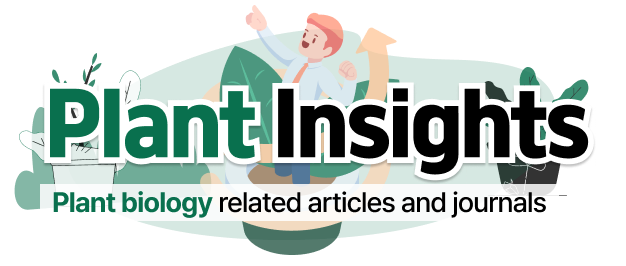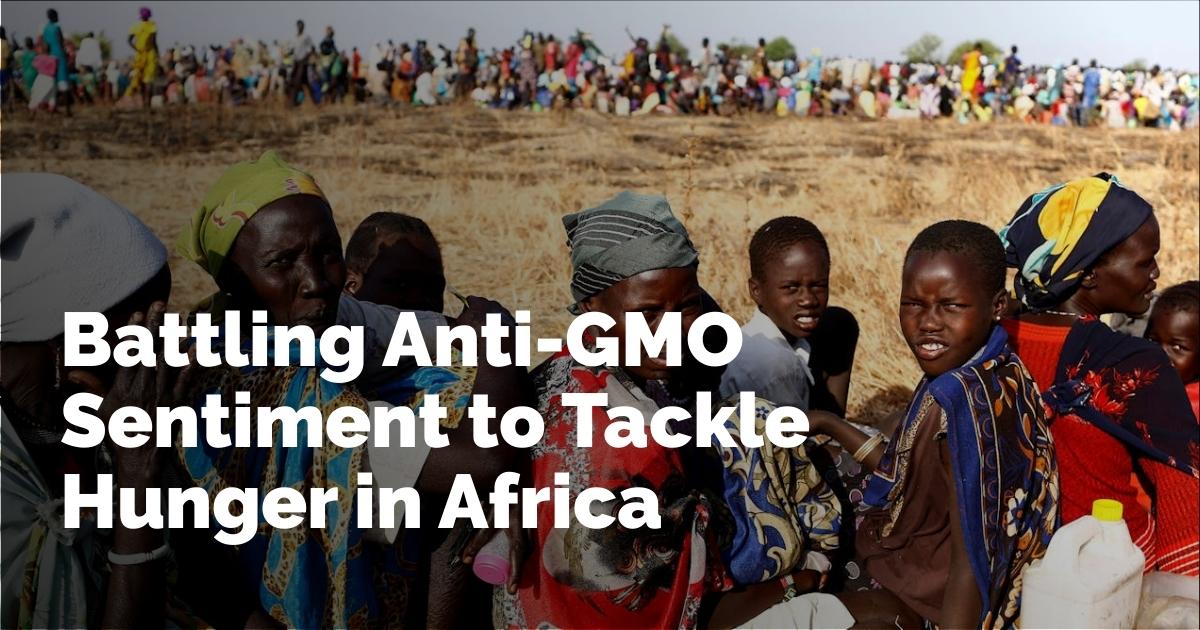Combating Hunger in Africa: A Personal Journey
**
A Childhood Shaped by Scarcity
Growing up in rural Tanzania, the harsh reality of hunger was an ever-present part of my childhood. With scarce resources, I often found myself attending school barefoot and surviving on only one meal a day. After school, my responsibilities included assisting my mother with various farming tasks like feeding animals, weeding, and planting crops. I vividly remember my mother expressing concerns about our inability to protect crops from threats like drought, pests, and diseases. As a child, I was unable to comprehend what solutions might exist, but I was determined to help alleviate the struggles my family faced.
My academic journey took a significant turn during an undergraduate genetics class when I researched the domestication of maize. I learned that the maize we consume today is the result of thousands of years of selective breeding. Human intervention gradually improved maize to produce edible seeds, increasing its yield and resilience against environmental stresses. This revelation intrigued me deeply, especially the fact that while plant breeders pass large gene sections to new plant varieties, the functions of many of these genes remain unknown.
Today, as a plant physiologist at Iowa State University and director of the Plant Breeding Education in Africa Program, I champion the use of cutting-edge agricultural technologies, including genetic engineering. Africa deserves access to innovations that develop stress-tolerant and nutritious crops, which could greatly enhance human health and aid in addressing food security issues. Unfortunately, global anti-GMO campaigns make me question whether improved crop varieties will ever reach small stakeholder farmers, like my mother, who truly need them.
**
Humanitarian Work and Inspiration
My commitment to fighting hunger solidified during my time with UNICEF in Zimbabwe from 1999 to 2000. During a drought that severely affected numerous families, I conducted food security assessments, determining who qualified for aid. One encounter with a young single mother and her hungry children left a profound impact on me. Her young daughter, probably no older than three or four, sat contentedly eating porridge. Observing her amidst the flies and poverty, yet still managing a semblance of happiness, was overwhelming.
This experience propelled me to dedicate my life to combating hunger and poverty, instilling in me the resolve to use my education and research to find solutions that could alleviate such suffering.
**
Graduate Education and Research Advances
My doctoral training provided an in-depth understanding of the scientific process and biotechnology techniques used to precisely insert new genes into plants. My research focused on plant insect defense, involving gene cloning and the creation of genetically modified plants. Throughout my time in the lab, the challenges my mother faced with crop production were perpetually on my mind. I remained hopeful that genetically engineered crops, able to resist insects, could significantly benefit smallholder farmers in Africa.
The promise of such technologies lies in their potential to transform agriculture by providing resilient crop varieties that withstand pests and adverse conditions, protecting vulnerable communities from food insecurity.
**
Debunking Myths About GMOs
A significant barrier to accepting genetically modified (GM) crops in Africa is the lack of public awareness about biotechnology's benefits and scientific principles. Many resistant views stem from misinformation and misunderstandings. As scientific professionals, it's crucial to communicate accurate information about GMOs and dispel these myths.
My team delved into the risk assessment of transgenic maize containing the Bt insect resistance gene, published in the journal Global Food Security. Bt maize is genetically enhanced with a gene from Bacillus thuringiensis, offering a defense against pests such as the fall armyworm. Our study compares risk assessments in GMO agriculture to those in other fields like medicine and engineering. In these fields, public trust is high, as risk assessments for health hazards such as radon exposure or bridge stability regularly guide safety standards.
However, such trust is often withheld in the case of GM crops, despite rigorous scientific evaluations demonstrating their safety. Linking these assessments to recognized methodologies could help policymakers and stakeholders appreciate the robustness of GM crop evaluations.
**
Education: The Key to Future Food Security
Consensus among experts confirms that Bt maize poses no significant risks to human health or the environment. The real risk lies in not utilizing Bt maize or similar technologies to curb the spread of pests like the fall armyworm, which devastates crops across Africa. Sustainable efforts in enhancing agricultural technology hinge on educating future generations about biotechnology's potential. Programs such as the Plant Breeding E-Learning in Africa offer platforms for imparting this crucial knowledge to aspiring African scientists.
Returning to Africa from my base in Ames, Iowa, I am often reminded of the urgency for agricultural advancement. When flying over African cities, viewing the beautiful yet impoverished landscapes, I am struck by the dense expanses of rudimentary homes with their rusty tin roofs. This imagery reinforces the ongoing struggle and the necessity for a agricultural revolution to support a rapidly growing population.
With memories of the little girl in Zimbabwe and my mother's struggles as my guiding lights, I am consistently motivated by the principle that access to sufficient and nutritious food is a fundamental right for all individuals. Promoting awareness and education about agricultural advancements will be instrumental in ensuring a healthier and more secure future for Africa.
출처 : Original Source

